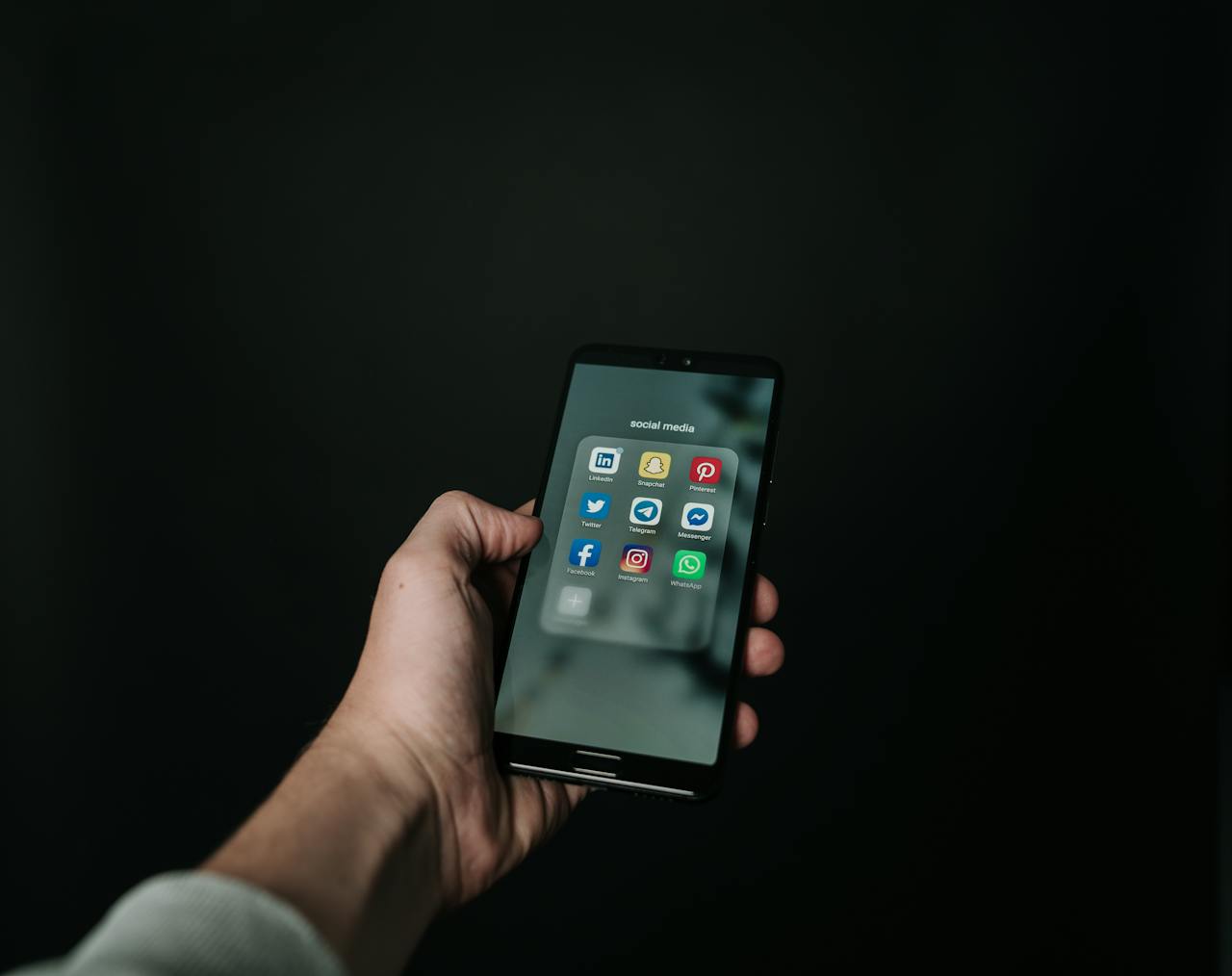Big Tech must use strong encryption to prevent back doors for feds.
Why the Federal Government Shouldn’t Have Backdoor Access to Private Communication Systems
The federal government should not have warrantless, backdoor access to private communication systems like Twitter. Unfortunately, recent revelations from Twitter CEO Elon Musk indicate that federal agencies already have “full access” to private messages on Twitter. This is a concerning breach of privacy rights for Americans.
The Importance of Encryption
There has been an ongoing struggle between the federal government and privacy-minded organizations when it comes to allowing back doors into users’ messages and data through sometimes questionable legal avenues. The close partnership between Big Tech and the federal government deteriorates the privacy rights of Americans. This relationship highlights the importance of encryption for protecting Fourth Amendment privacy rights.
The “Twitter Files” revealed that federal agencies had infiltrated Twitter’s decision-making process prior to Musk’s takeover. Musk must clarify not only which federal agencies had “full access” to Twitter direct messages but also what “full access” means. Was the FBI able to read the direct messages of any Twitter user for any reason? How often did they abuse this power, and when did it end?
End-to-End Encryption
Elon Musk tweeted on May 10 that Twitter plans to roll out an end-to-end encryption feature for direct messages that will make federal snooping far more difficult. The update would make it so only the individuals receiving direct messages could locally decrypt them on their device, meaning not even Twitter or embedded federal agents could read them.
However, it is not clear that end-to-end encryption apps are safe from big brother’s illegal inspection. Tucker Carlson, who was interviewing Musk when he made the “full access” comment, spoke on a podcast about a harrowing story involving the encrypted messaging app Signal. According to Carlson, “the NSA broke into [his] Signal account” as he was working to secure an interview with Russian President Vladimir Putin.
Undermining Encryption
Lawmakers have also considered undermining the strength of encryption algorithms. A Senate bill introduced in 2020 would have made it possible for law enforcement to gain access to encrypted devices by requiring manufacturers and service providers to “assist … with accessing encrypted data.” Such a law would force technology companies to create ubiquitous back doors for the government. It would also fundamentally undermine encryption algorithms and pave the way for compromise by nefarious actors.
Protecting User Rights
Big Tech has been all too eager to share its users’ information. If Musk’s revelation is true and Twitter allowed federal agencies to have unfettered access to private user-to-user messages, then it seems Big Tech is enabling this invasive behavior. There should be no wide-open back door to Big Tech’s systems for the federal government to freely waltz into, and there should be investigations to uncover how pervasive this access may be.
Until then, we should strive to empower users and protect their rights, not law enforcement and Big Tech. Undermining encryption and the privacy it enables would take away a necessary tool in preventing Big Tech and the federal government from abusing their power.
- Big Tech
- Elon Musk
- Encryption
- FB
- Federal Agencies
- Fourth Amendment
- Gmail
- iMessage
- NSA
- Privacy
- Spying
- Tucker Carlson
- Vladimir Putin
- Warrant
Caleb Larson is a cybersecurity researcher, policy analyst with the Internet Accountability Project, Heritage Foundation alum, and contributor at The Daily Caller, where he writes about cybersecurity-related issues facing the United States.
" Conservative News Daily does not always share or support the views and opinions expressed here; they are just those of the writer."





Now loading...